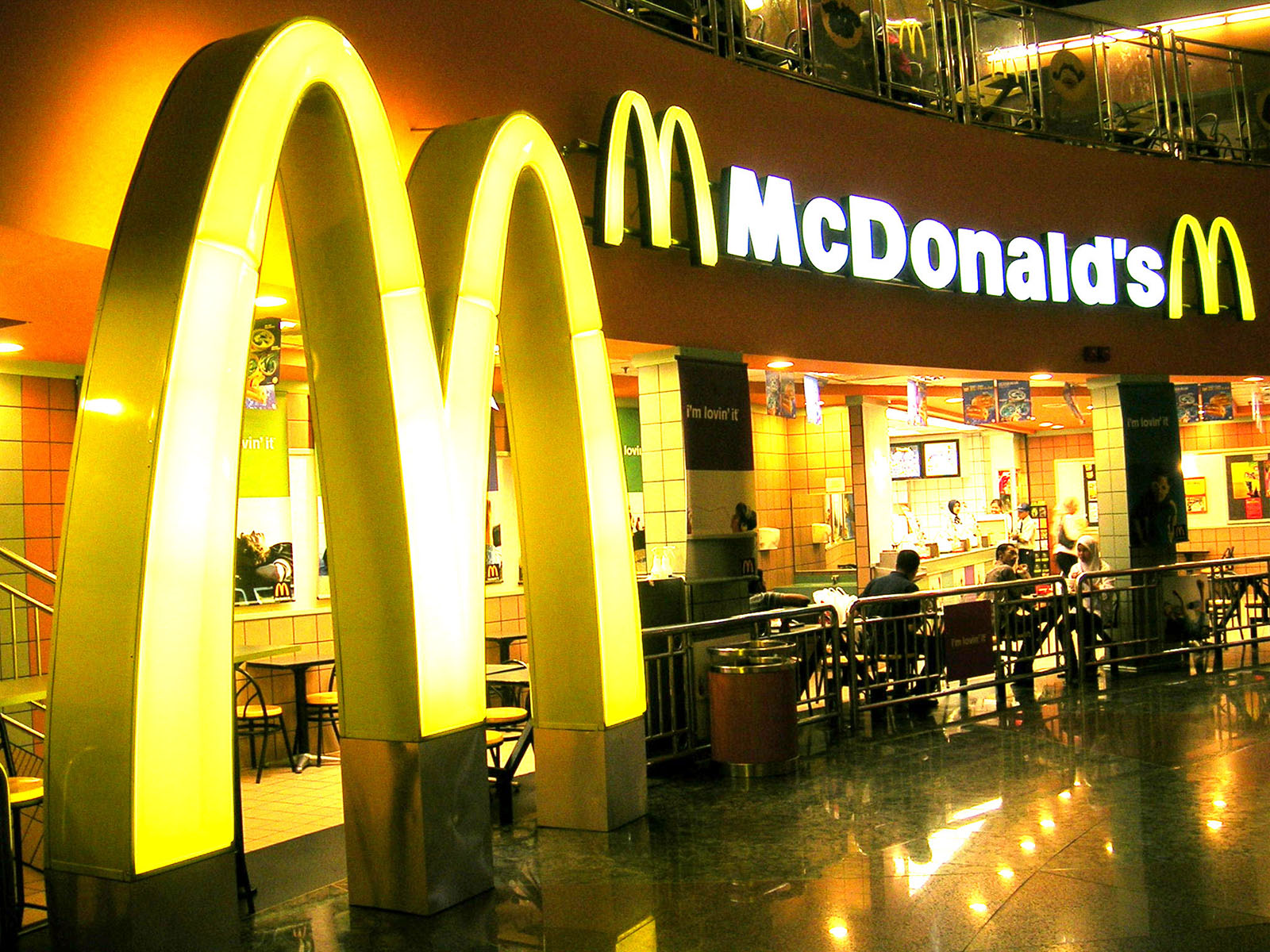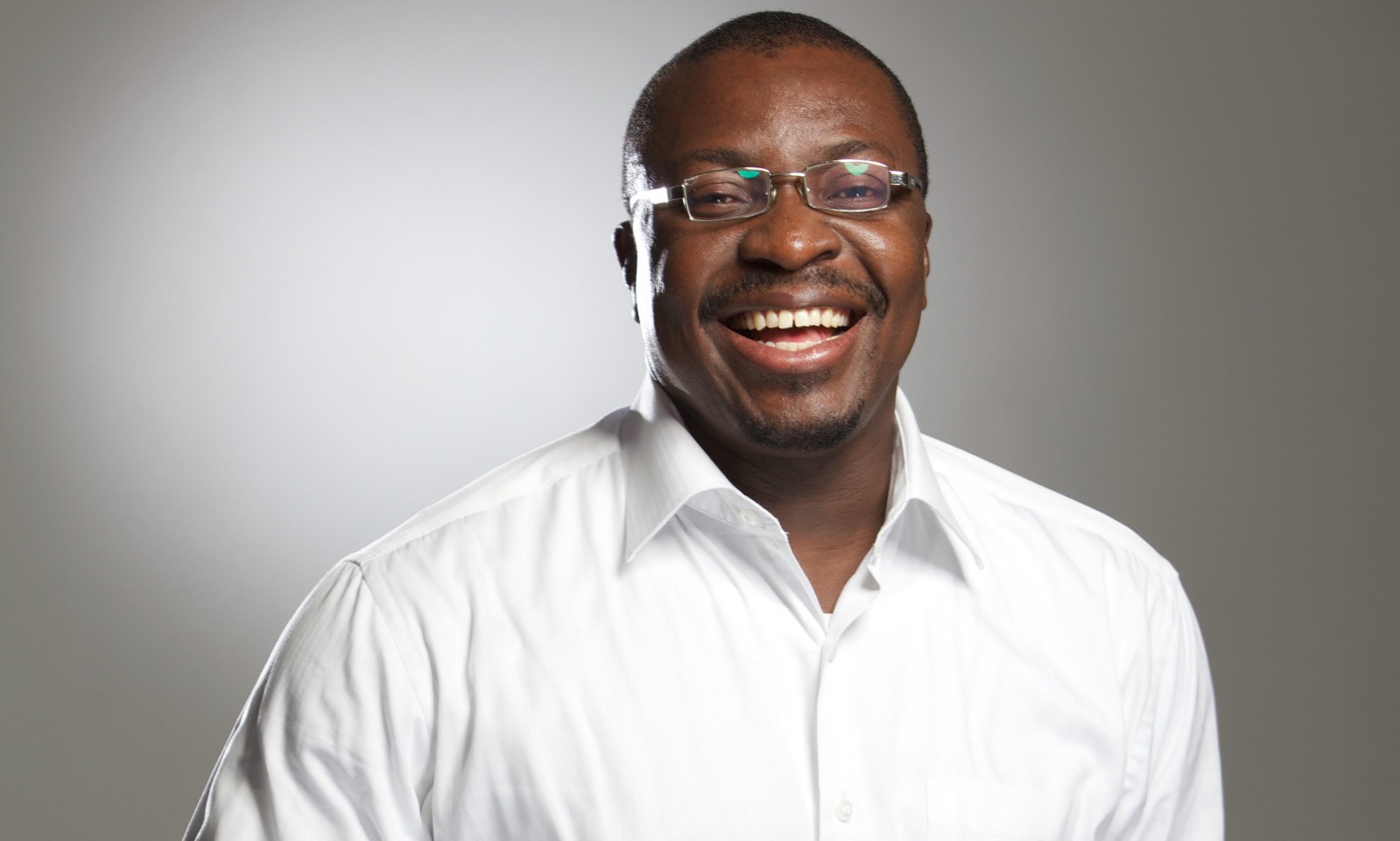Consumer giants including McDonald’s, Coca-Cola, and Starbucks have joined the list of firms halting business in Russia due to the invasion in Ukraine.
McDonald’s said it was temporarily closing its roughly 850 restaurants in Russia, while Starbucks also said its 100 coffee shops would shut.
On Wednesday, March 9, 2022, Heineken stopped beer production and sales in Russia.
And Mothercare said all business in Russia, which represents 20% to 25% of its global sales, had been stopped.
The moves by McDonald’s, Coca-Cola, and Starbucks come after mounting pressure on companies to act over the war in Ukraine. All three firms said they would continue to pay their staff.
Anna MacDonald, a fund manager at Amati Global Investors, told the BBC Radio 4 Today Programme that firms who were joining the wave of firms leaving Russia were doing so because “shareholders and wider stakeholders wouldn’t stand for continued generation of revenues and profits” from the country,
“It was affecting their share prices and the feeling was that it was just utterly inappropriate to continue to do so,” she said.
McDonald’s established a presence in Moscow in 1990 as the Soviet Union was opening its economy, and it drew thousands for its burgers and fries. Its closure now carries similar symbolic weight, and could influence other firms.
However, the fast-food chain rival Burger King is currently keeping its Russian stores open. It committed $3m (£2.3m) to support Ukrainian refugees and said people feeling to European nations could get free Whopper meal vouchers.
Restaurant Brands International, which owns Burger King, said it would redirect its profits from more than 800 franchised operations in Russia to humanitarian efforts.
McDonald’s chief executive Chris Kempczinski said it was “impossible to predict” when it would reopen in Russia.
McDonalds has also temporarily closed its 108 restaurants in Ukraine.
Collectively the countries account for about 9% of the firm’s revenue and about 2% of global sales.
Companies have been under pressure to act as Russian violence against civilians has escalated.
#BoycottMcDonalds and #BoycottCocaCola had both been trending on Twitter over recent days.
Dozens of well-known firms including Netflix and Levi’s have already suspended sales or stopped providing services in Russia amid severe sanctions imposed by Western allies.
Coca-Cola on Tuesday said it was suspending operations in Russia, which accounted for roughly 2% of the firm’s operating revenue and income. It also has a roughly 20% ownership stake in a bottling and distribution business in Russia.
“Our hearts are with the people who are enduring unconscionable effects from these tragic events in Ukraine,” the company said.
Pepsi, which has a much larger presence in Russia than rival Coca-Cola, said it was halting the production and sale of Pepsi and other global brands in Russia and suspending capital investments and advertising, citing “horrific events” in Ukraine.
But the company, which started operating in Russia during the Cold War and now employs 20,000 people there, said it would continue to offer other products.
“As a food and beverage company, now more than ever we must stay true to the humanitarian aspect of our business,” boss Ramon Laguarta said. “That means we have a responsibility to continue to offer our other products in Russia, including daily essentials such as milk and other dairy offerings, baby formula, and baby food.”
Starbucks’ plans to stop business in Russia include stopping shipments of its products.
The coffee chain’s licensee in the country Kuwait-based Alshaya Group will continue to pay its roughly 2,000 staff members.
Growing backlash
Other major global brands joining the backlash on Tuesday included the world’s largest music company, Universal Music Group, which said it was suspending all operations in Russia and closing its offices there.
Unilever, maker of Marmite, Dove beauty products, and PG Tips, among other brands, also said it had suspended trade with Russia and planned to halt its advertising and media spending and investments there.
It said it would continue to supply “everyday essential food and hygiene products” that are made in Russia.
L’Oreal, the world’s biggest cosmetics company, is also shutting its stores and concessions in Russia and suspending online sales.
However, some firms have defended plans to continue operating in Russia, including Uniqlo owner Fast Retailing, whose founder told Japan’s Nikkei newspaper that “clothing is a necessity of life”.
Source: BBC







